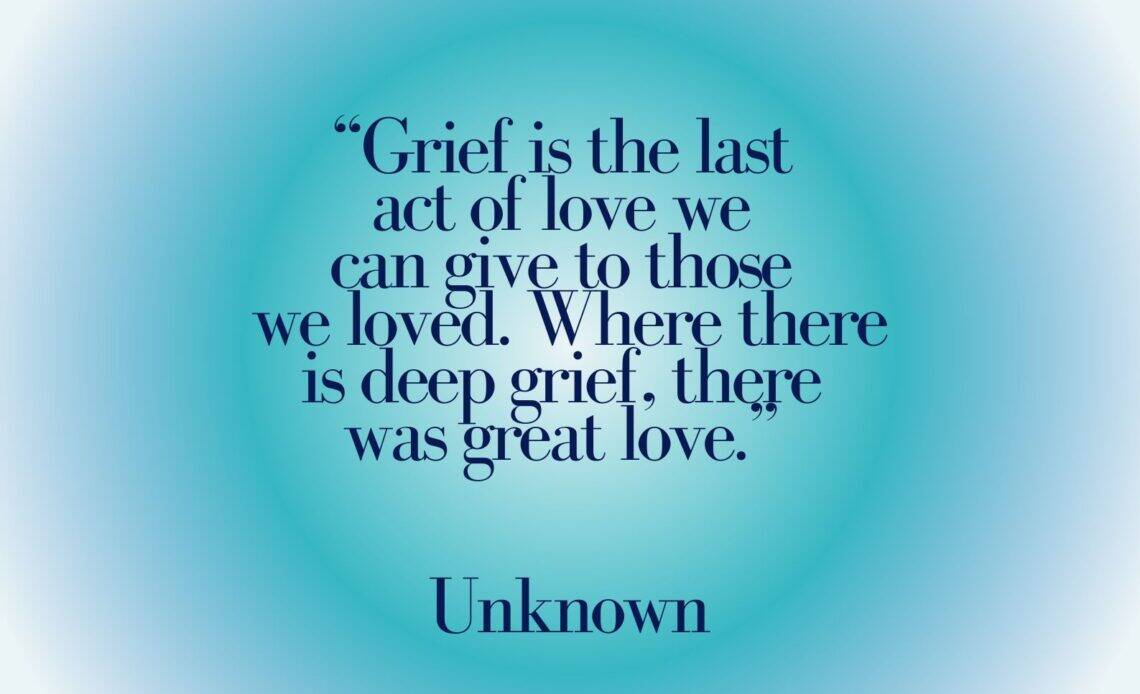
Grief can hit suddenly and intensely, overwhelming and disorienting us. How do we handle grief?
Navigating through it is crucial for healing.
Early this month, I lost a maternal first cousin and a maternal uncle within a week to tragic traffic collisions in Los Angeles and Abuja. In the same week, we also lost a colleague and friend to cancer. The losses were overwhelming and difficult to comprehend.
These young men, aged 44 to 60, left enormous voids that their families are struggling to fill. They were simply living their lives, providing for their families, when their lives were abruptly ended by drunk driving, speeding, and cancer.

My cousin, who got married just two weeks prior to his death, left behind an inconsolable bride and daughter. His mother, my aunt, turned 81 on the day he died. My uncle, who had buried his wife in February, left behind three sons. He was my mother’s cherished baby brother, a gentle giant who supported everyone.
The grief I feel now mirrors the sorrow of January 2006, when I lost my dad and maternal grandfather within a week. I recalled thinking how incomprehensible it was that celebrations and loss can occur simultaneously. It’s difficult to process that while life has stopped for some, it continues for others.
For the first week, I was terrified of sleeping. Life has been tough and hard to navigate these past weeks, leaving me paralyzed whenever I tried to write or think. I’ve lost interest in the things that usually bring me joy and have been numbly fulfilling my responsibilities.

Grief brings many questions and uncertainties. As I watch my mum, her seven remaining siblings, and 39 cousins grieve, I ask myself:
- Why is this happening to us?
- What did we do?
- How can we move on?
- How do we move on?
- How do we heal?
- Do we even want to heal?
- How do we pick up the pieces and make sense of it?
- What is the point of life?
- What is the point of all this struggle and hustle?
- What do we do next?
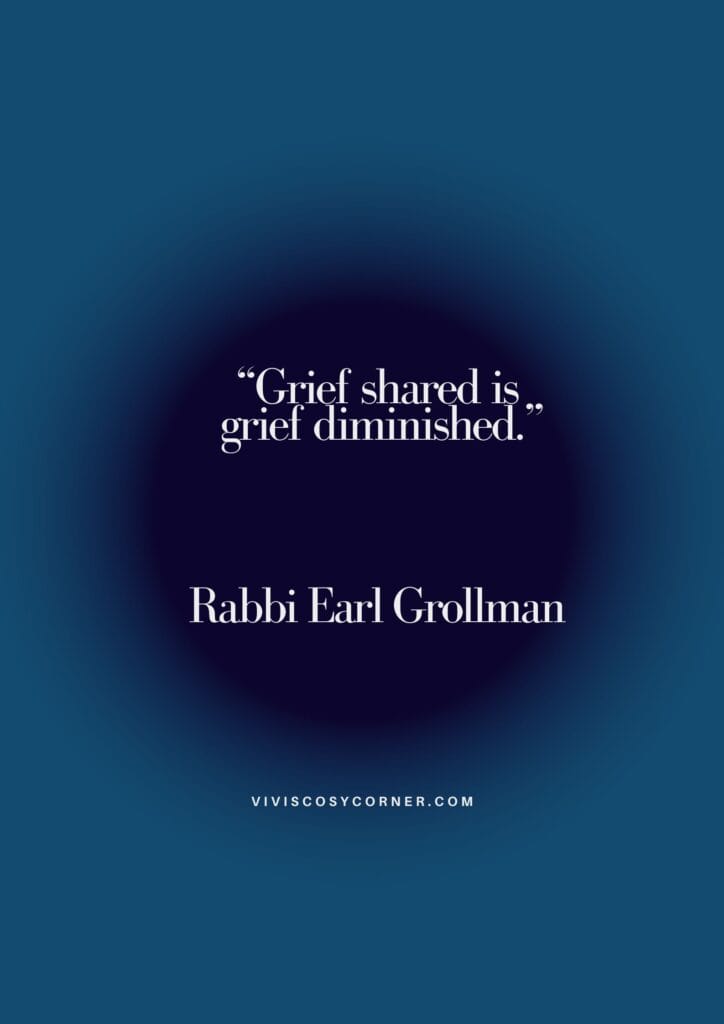
I don’t have all the answers and I am taking it one day at a time. I do know that, as a family of faith and love, we will come together to mourn and weep for our lost loved ones. We will resiliently rise to a new day, without them making memories with us anymore. We cherish the memories we created with them and hold them constantly in our hearts.
Today, I realized I’m not alone in experiencing grief and began reflecting on how to navigate this difficult time. Inspired, I wanted to share the 8 ways that have been incredibly helpful to me in finding solace and beginning the healing process.
8 Ways To Handle Grief

Allow Yourself to Feel
Grief is a natural response to loss, and it’s important to allow yourself to experience it fully. Suppressing emotions can lead to further emotional distress. You can sit quietly with your thoughts or cry or yell if that is how you feel. Recognize that all feelings are valid and necessary for healing.
Sitting still and remembering the memories have made me thankful for the times I have intentionally created to share with my loved ones.
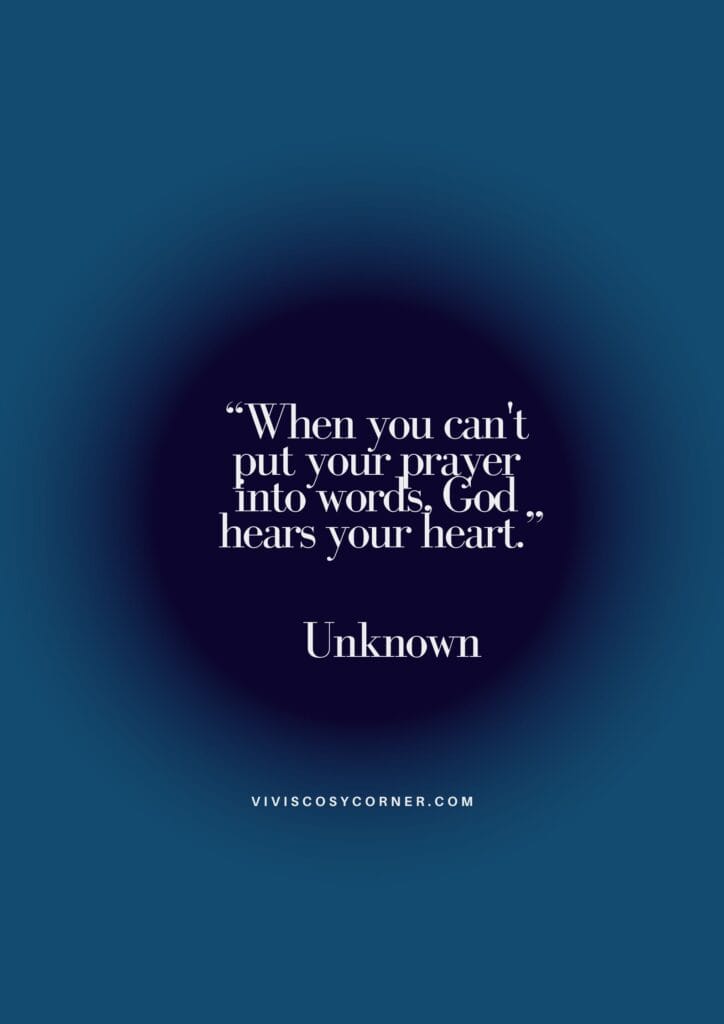
Seek Support from Loved Ones and Your Community
Lean on your friends, family, and support networks. Sharing your pain can ease the burden and provide connection. Let them know if you need a listening ear, a comforting hug, or just their presence.
Engaging in community prayer can also offer tremendous support. Praying with family, friends, or a faith group can bring unity and collective strength, knowing others are praying with and for you is deeply reassuring.
Thank you to all who have supported, prayed for, and comforted my family and me during this time.

Find Solace in Spiritual Connection and Prayer
Prayer offers a private, safe space to express your deepest emotions, from anger and sadness to confusion and numbness, without fear of judgment. It can:
- Connect you to something greater: This connection can bring peace and reassurance, knowing you are not alone and that there may be a divine plan or your loved one is in a better place.
- Provide strength: In moments when you feel overwhelmed, prayer can offer resilience and inner calm amidst the emotional turmoil.
- Offer guidance and clarity: Prayer can help you seek wisdom to make decisions that honor your loved one and support your healing journey.
- Nurture hope: It can remind you that healing is possible and that there is a future beyond your current pain, serving as a beacon of light during dark times.
Although I’ve found it challenging to pray lately, the support and prayers from family, friends, and the community have been a source of comfort.
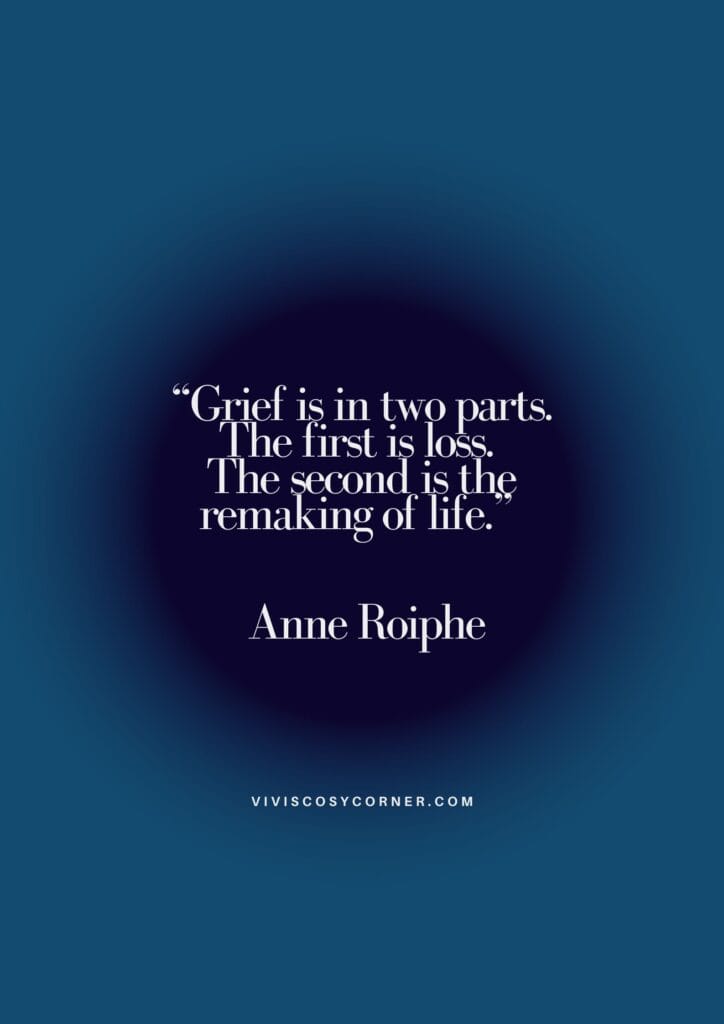
Engage in Physical Activity
Physical activity can be a great way to cope with grief. Endorphins, which are released when you exercise, can elevate your mood and lower tension. Whether it’s a long walk, a run, or another form of exercise, moving your body can help you feel more grounded and present.
Walking has been therapeutic for me at this time, though I have felt unmotivated.
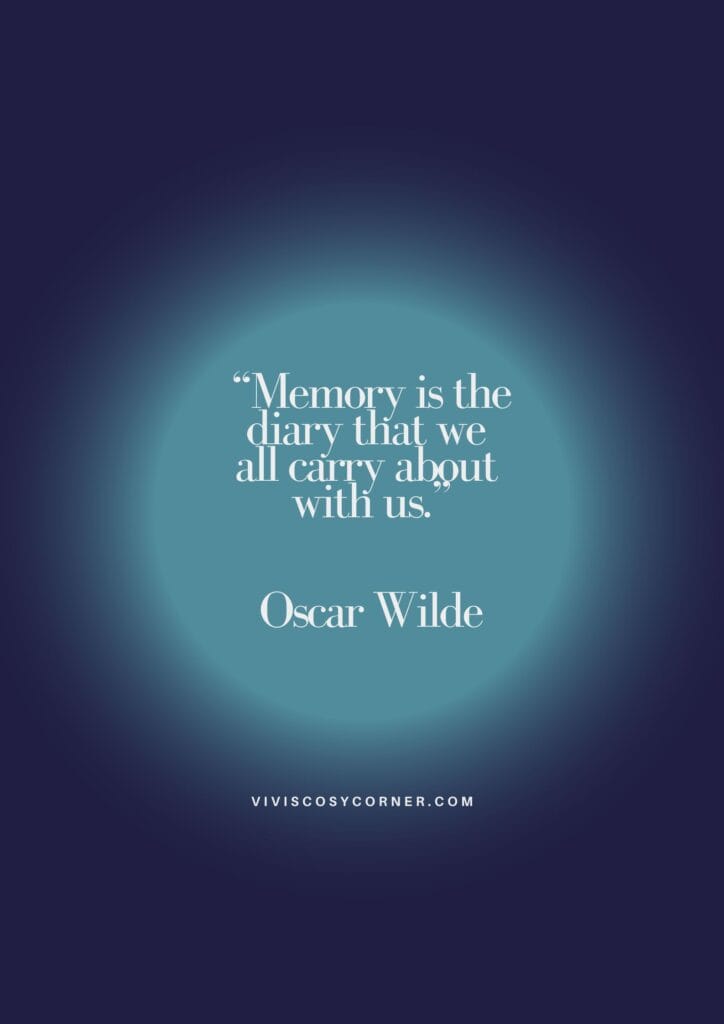
Create a Routine of Mindful Reflection
Incorporating meditation, reflection, and prayer into your daily routine can provide structure and a sense of normalcy. This routine can be particularly comforting when everything else feels chaotic and out of control. These moments of reflection and connection, help you process your emotions gradually.
Reflection is helping me process what I am feeling and articulating it.
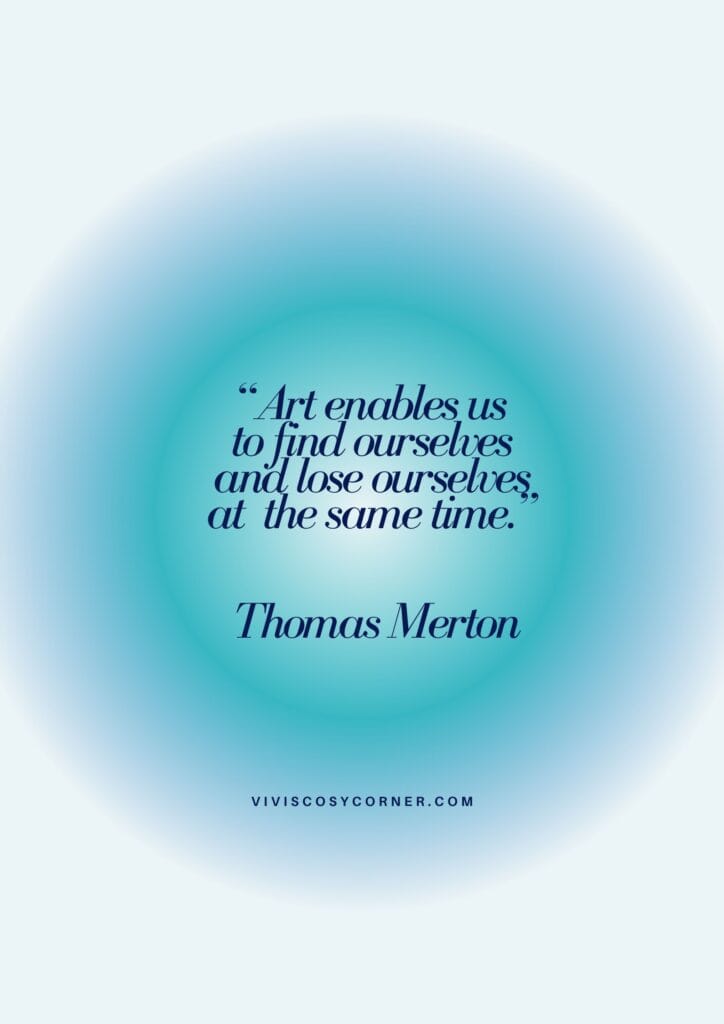
Express Yourself Creatively
Creative outlets like art, writing, and music can be powerful tools for managing grief. Channel your emotions into a journal, craft a piece of art, or compose a song to help process your feelings and find relief. Writing, in particular, can be deeply healing. Whether through letters to your loved one, daily reflections, or cherished memories, journaling keeps their memory alive and helps you navigate your grief.
For me, journaling has been a lifeline. This is my first post this month, and it’s helping me articulate my profound sense of loss. I’m grateful for this progress, as it signals that I’m slowly moving toward healing and can serve as a guide for my loved ones during this challenging time.

Create Rituals of Remembrance
Losing a loved one is an immense challenge, but finding ways to honor their memory can offer solace and keep their spirit alive. Honouring your loved one is a deeply personal journey that can be healing. Establish rituals to remember and celebrate their life.
Heartfelt ways to honour and remember those who have passed include:
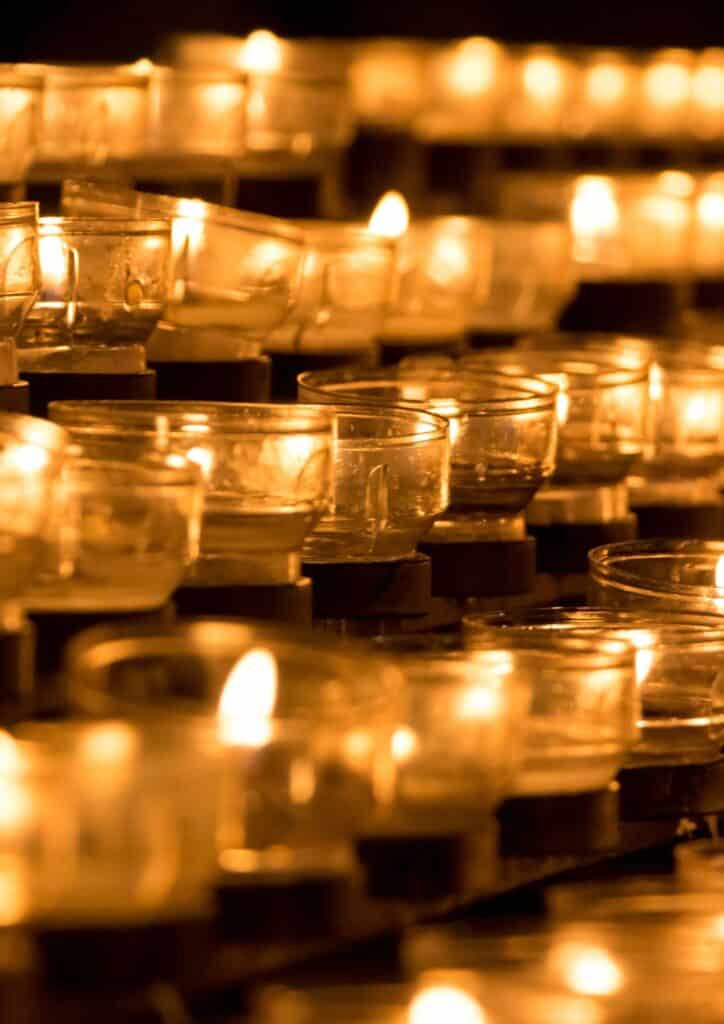
- Creating a Memorial Space – Designate a special area in your home or garden with photos, mementos, and candles. This space serves as a sanctuary for reflection and keeps their memory close.
- Lighting a Candle – Lighting a candle symbolizes their enduring presence in your life and offers a quiet moment for reflection.
- Making a Memory Book or Album – Assemble photos, letters, and cherished moments into a scrapbook or photo album. This project is therapeutic and provides a tangible way to revisit and share memories.
- Performing Acts of Kindness – Honour their legacy by volunteering, donating to their favorite cause, or helping others. These acts spread positivity and reflect their values.
- Writing Letters or Journals – Express your feelings through writing. Letters or journals help process grief and keep their memory vivid in your heart.

- Planting a Tree or Garden – Plant a garden or tree to create a living tribute. This symbolizes growth and provides a healing process, offering a place to reflect and remember.
- Creating a Digital Tribute – Use technology to build a website, social media page, or digital photo album. Share it with loved ones to collectively honor their memory.
- Engaging in Their Favorite Activities – Participate in activities they enjoyed, such as cooking their favorite meal or listening to their favorite music. These actions connect you to their memory and bring moments of joy.
- Sharing Their Stories – Keep their memory alive by sharing stories, lessons, and the impact they had on your life. This ensures their legacy continues to resonate with others.
- Celebrating Their Life Annually – Mark significant dates like birthdays or anniversaries with gatherings where you share stories, meals, and activities they loved. These celebrations keep their spirit alive and offer comfort.

Seek Professional Help
Sometimes, grief can be too much to handle on our own. Seeking help from a therapist or counselor can provide valuable support and guidance. They can offer coping strategies, a safe space to express your feelings, and tools to navigate your grief journey.

Related Posts:
- Embracing Resilience: Thriving in The Face of Adversity
- 90 Best Resilience Quotes to Inspire and Motivate You
Grief is a winding journey with unexpected waves.To anyone walking this difficult path: You’re not alone.
The journey is long, and the weight is heavy, but there is compassion, understanding, and space for your sorrow.
May the lives of those we cherish live on in our stories, our laughter, and the love we carry forward.
Remember, it’s important to allow yourself the space to grieve and heal at your own pace.
Thank you for being a VCC reader.


Viviscosy corner thank you very much for the above post, it resonates with me as l am at a point in my life where nothing make sense to me anymore.
Thank you Ify for your response. You are not alone. Take heart and approach each day at a time.